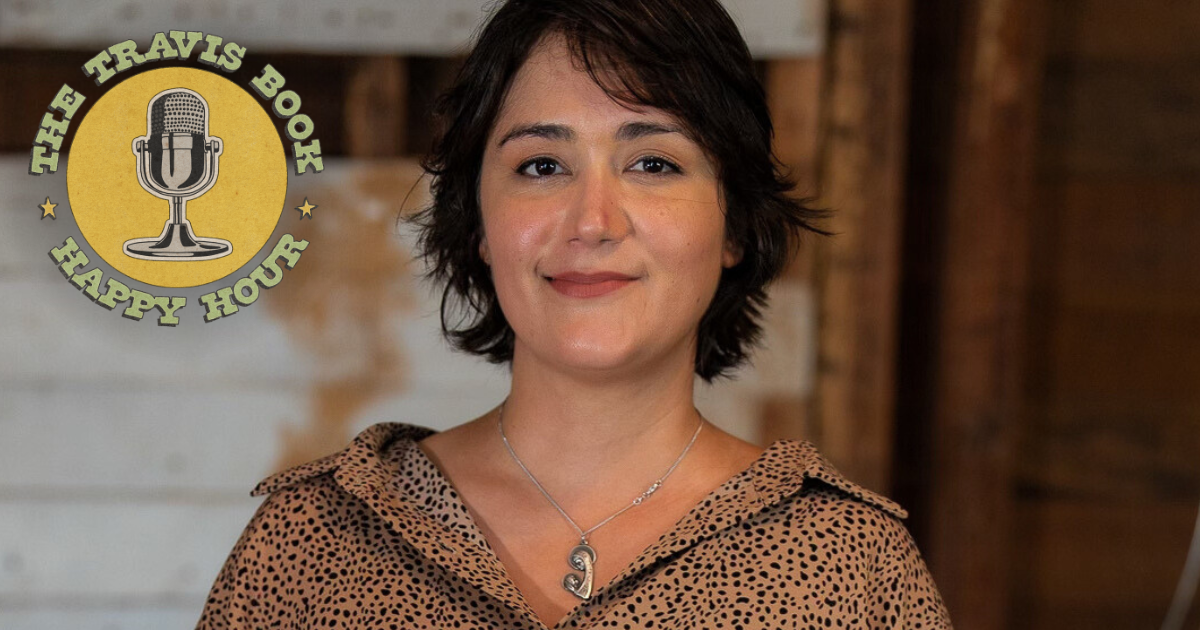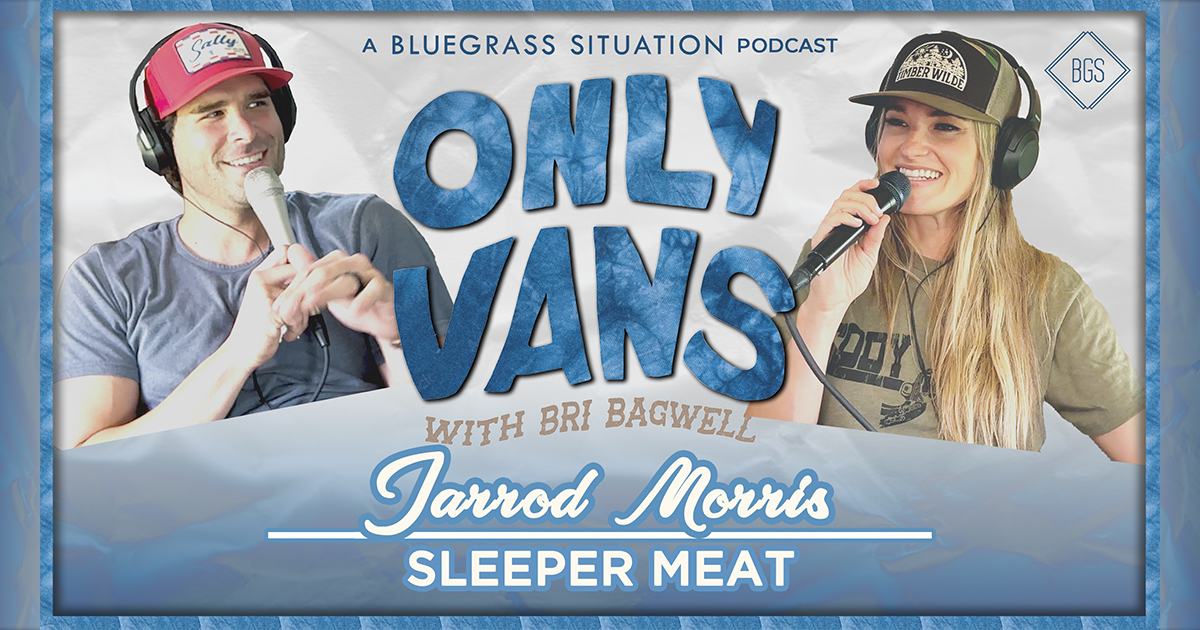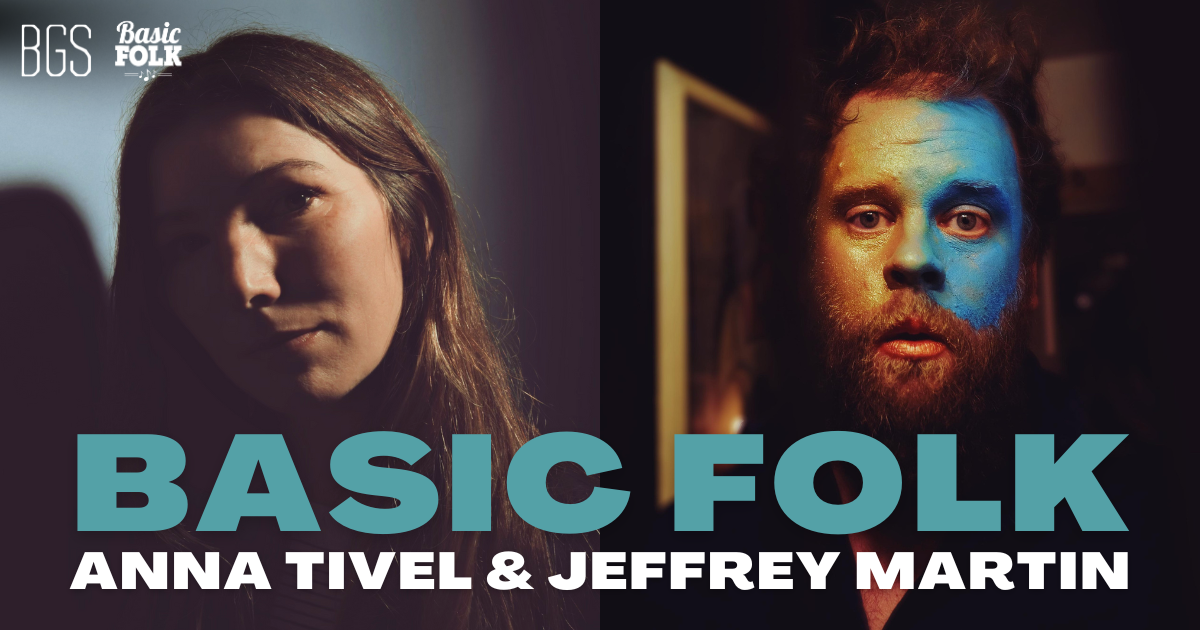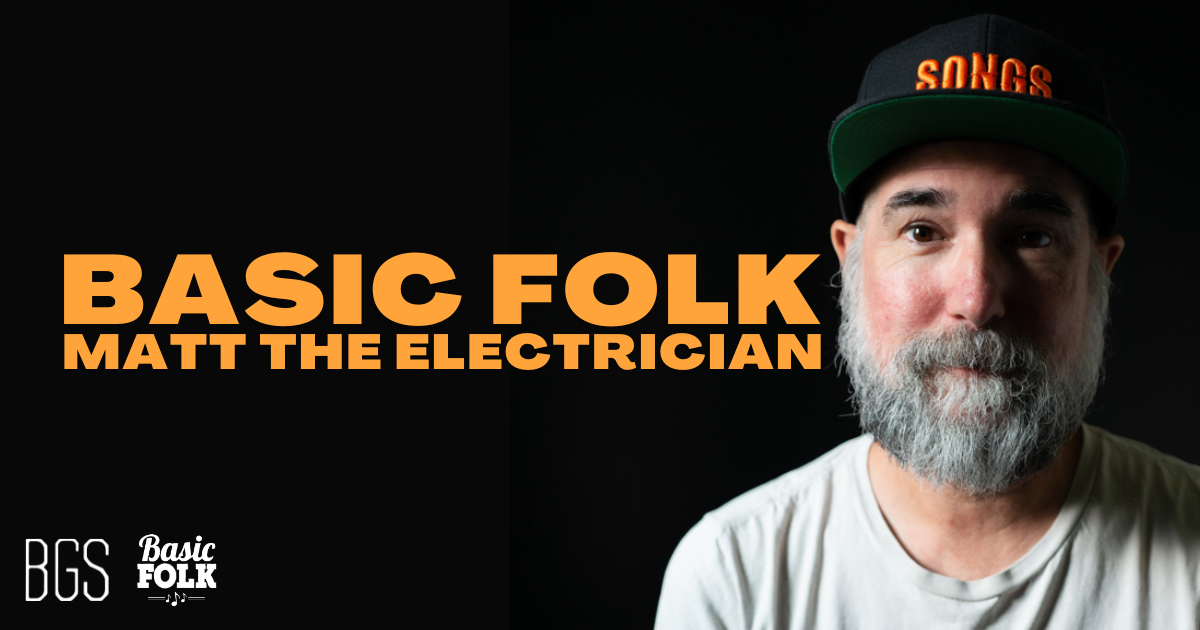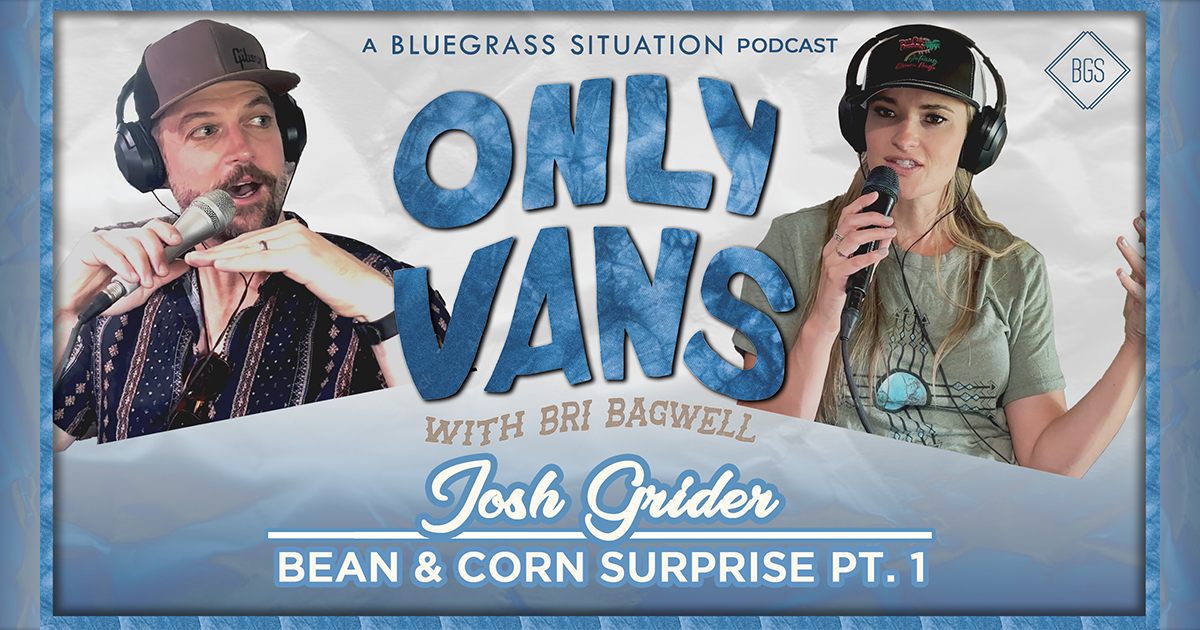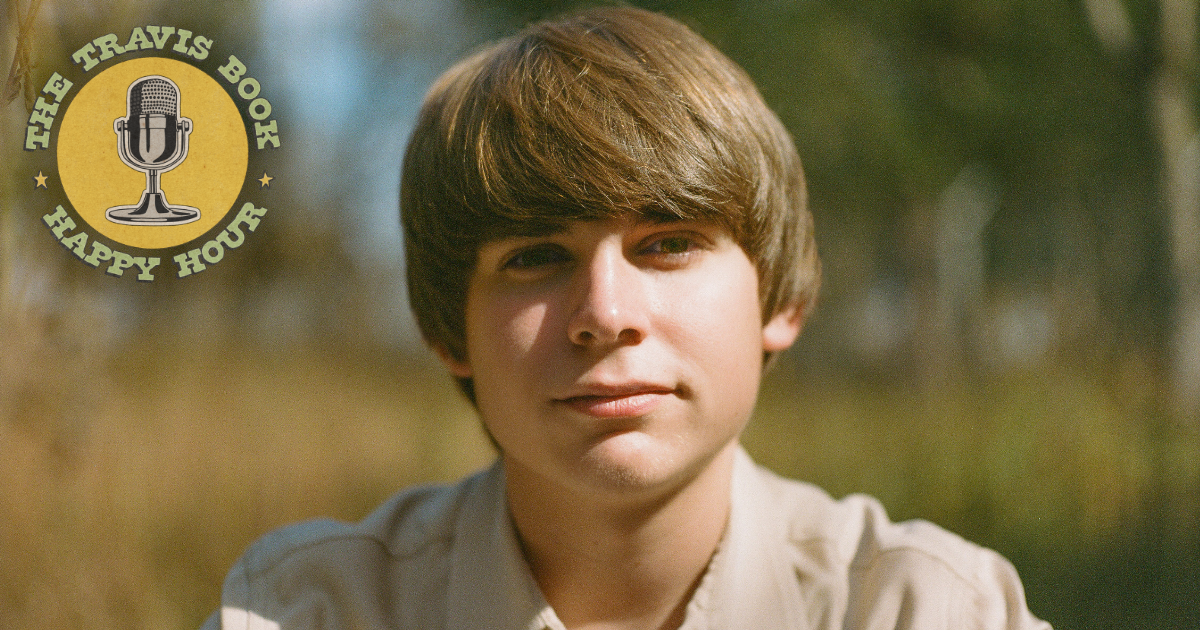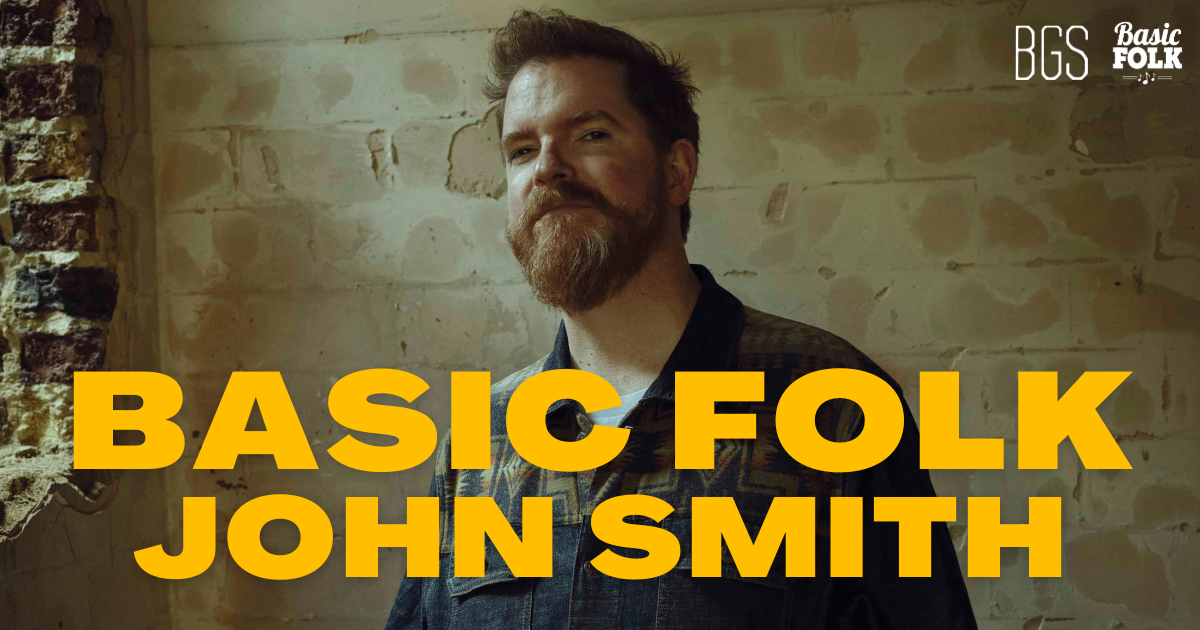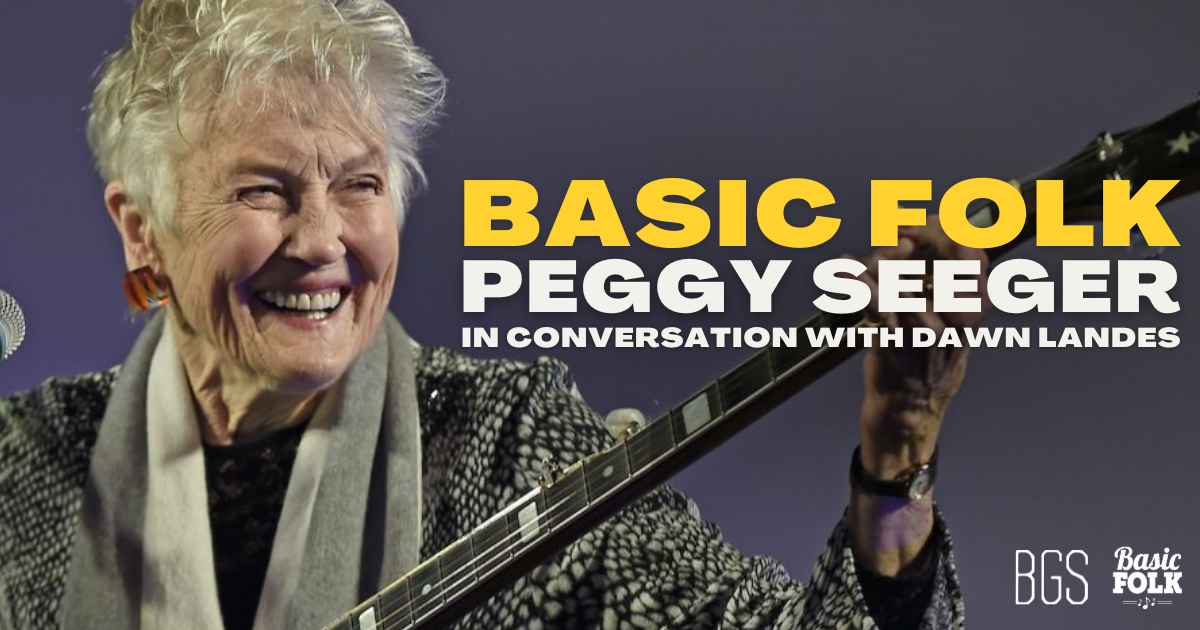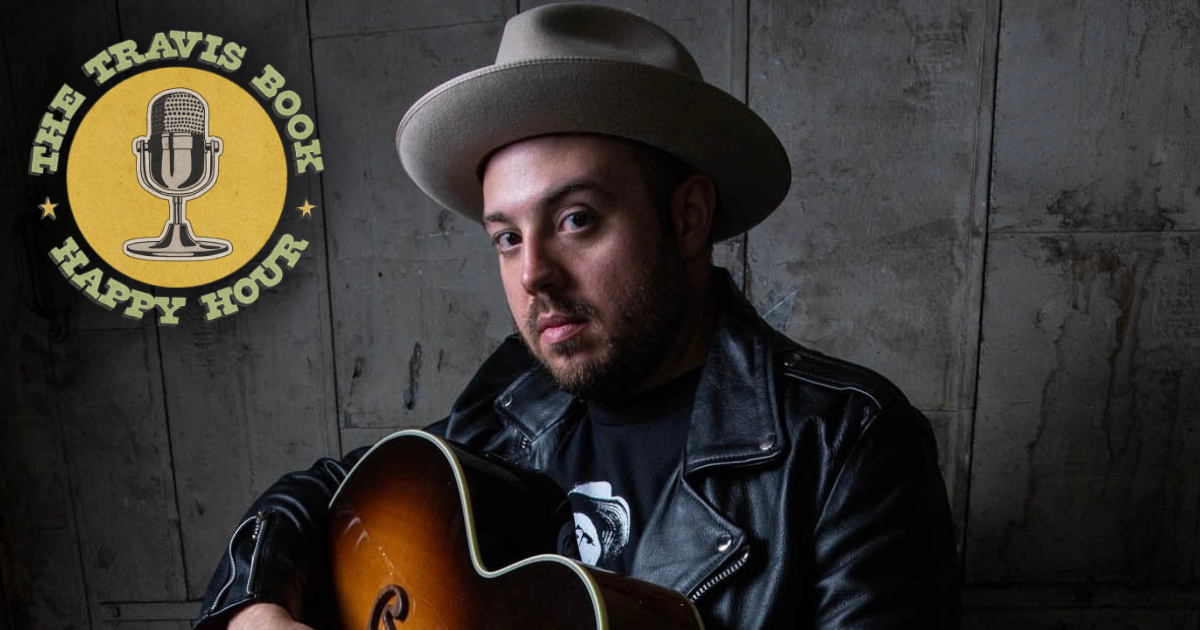As much a mystic as a musician, Phoebe Hunt makes music that speaks to the yearning we all have to connect with something larger than ourselves. A deep commitment to making music with meaning is her compass and she’s an example of what it means to be in loving relationship with music. We need more musicians like Phoebe Hunt in this world.
LISTEN: APPLE • SPOTIFY • STITCHER • AMAZON • MP3
This episode was recorded live at 185 King Street in Brevard, North Carolina on April 23rd, 2024.
Timestamps:
0:08 – Soundbyte
0:22 – Introduction
1:22 – Bill K’s introduction
2:03 – “Rise Sun”
6:06 – on “Lint Head Girl”
7:15 – “Lint Head Girl”
10:40 – “Take Me Home”
14:30 – Interview 1
28:22 – “Galloping”
31:20 – on “Pink and Blue”
34:51 – “Pink and Blue”
38:16 – “I couldn’t”
39:02 – Interview 2
53:20 – “Nothing Else Matters”
56:30 – “Good Blood”
1:00:20 – Outro
Editor’s Note: The Travis Book Happy Hour is hosted by Travis Book of the GRAMMY Award-winning band, The Infamous Stringdusters. The show’s focus is musical collaboration and conversation around matters of being. The podcast includes highlights from Travis’s interviews and music from each live show recorded in Brevard, North Carolina.
The Travis Book Happy Hour is brought to you by Thompson Guitars and is presented by Americana Vibes and The Bluegrass Situation as part of the BGS Podcast Network. You can find the Travis Book Happy Hour on Instagram and Facebook and online at thetravisbookhappyhour.com.
Photo Credit: Tim Jackson
